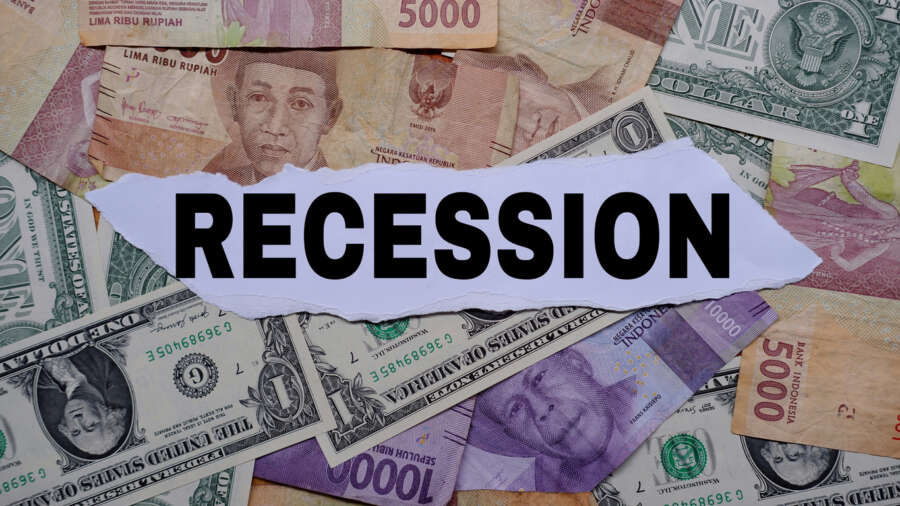

By Frédérique Carrier, Head of Investment Strategy for RBC Wealth Management in the British Isles and Asia
Preliminary activity indicators for January suggest the probability of a winter recession in Europe is diminishing. To be fair, the region was fortunate. Unseasonably warm weather meant gas storage was not reduced much. The sharp fall in wholesale natural gas prices—now below their level of a year ago—led consumer and business sentiment to improve for a third month in a row, though they remain at relatively subdued levels. Nevertheless, the S&P flash eurozone Composite Purchasing Managers’ Index (PMI) reached 50.2 in January, up from December’s 49.3 and the highest level since June 2022. Consensus 2023 GDP expectations improved marginally, to flat growth compared to the prior 0.1% contraction estimate.
The regional economy’s resilience likely reinforces the case for a 50 basis point (bps) interest rate increase at the European Central Bank’s Feb. 2 meeting, despite signs of easing price pressures. We think the focus will then turn to whether the central bank leans toward another 50 bps hike or a 25 bps increase at its March 16 meeting. We expect rates to peak at 3.25% this year from the current 2% level.
By contrast, the UK Composite PMI declined to 47.8 in January from 49.0 in December. The country’s economy, more exposed to higher interest rates due to the greater importance of the housing market, is also suffering from fiscal policy becoming more austere and the continued fallout from Brexit.
The UK government may well decide to give in to increased calls to extend the energy price freeze beyond April, a move that would be less costly to the Treasury now that wholesale gas prices have retreated. Energy bills are set to increase by at least 20% when the price freeze expires. Such government action could take some sting out of the cost-of-living crisis and improve consumer sentiment.
Weaker growth and the large exposure of the UK economy to the housing market mean the Bank of England may be reluctant to aggressively raise rates at this time. The consensus peak rate of 4.4% might not be reached. Consequently, higher inflation is likely to linger for longer.


